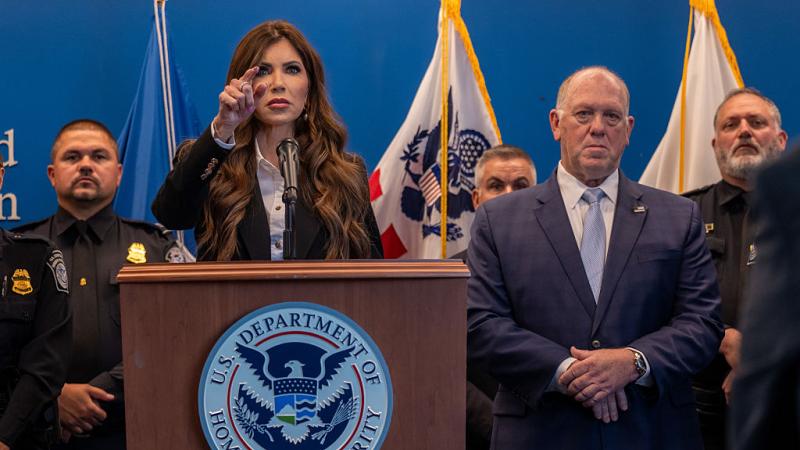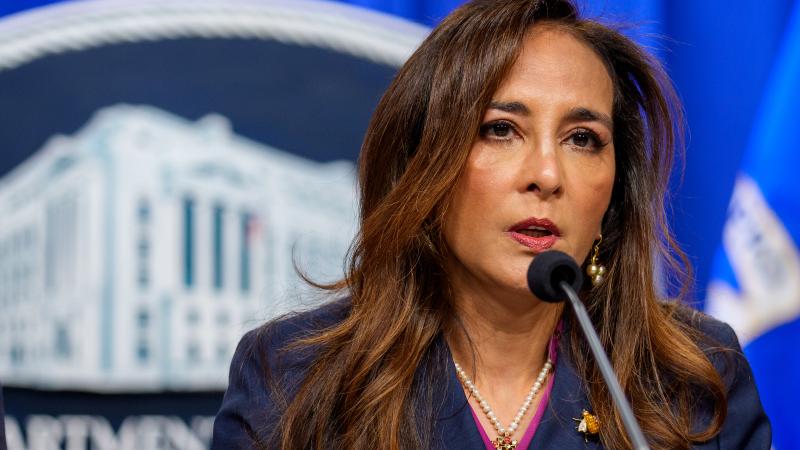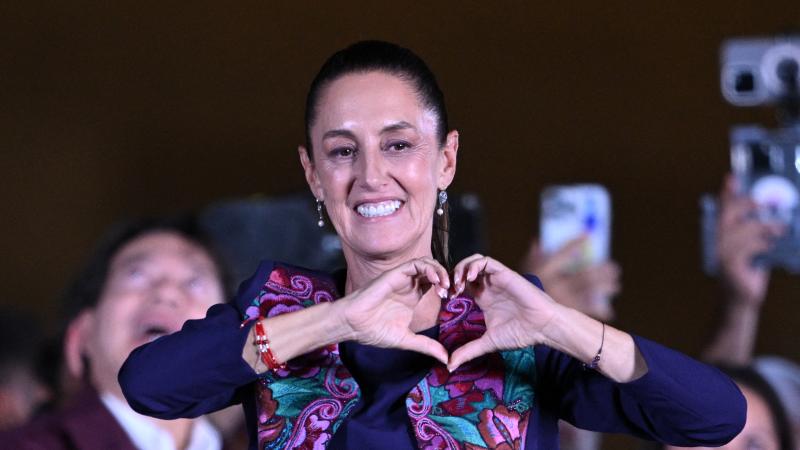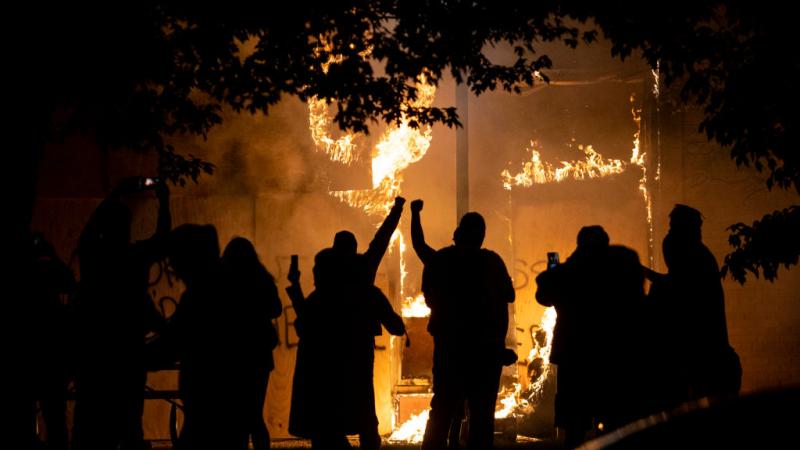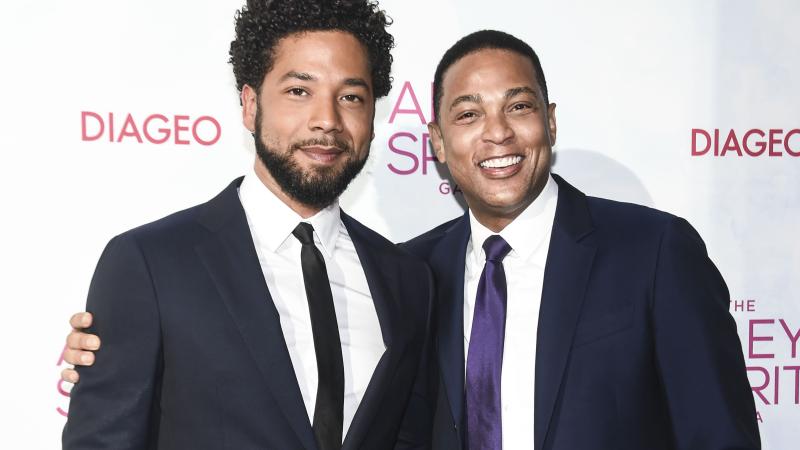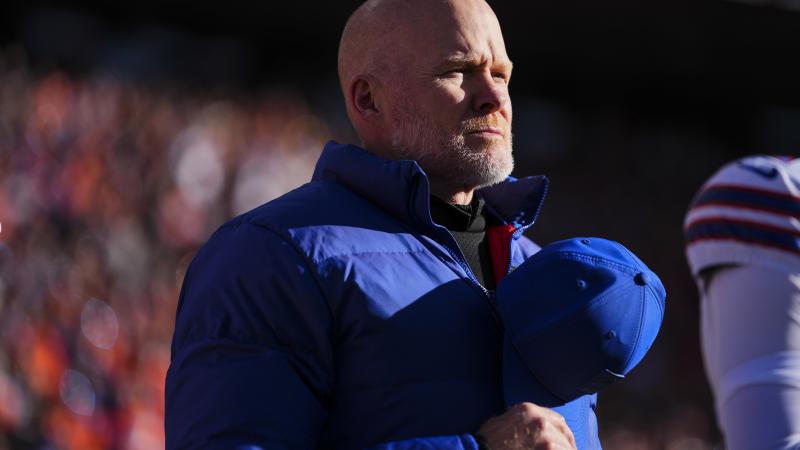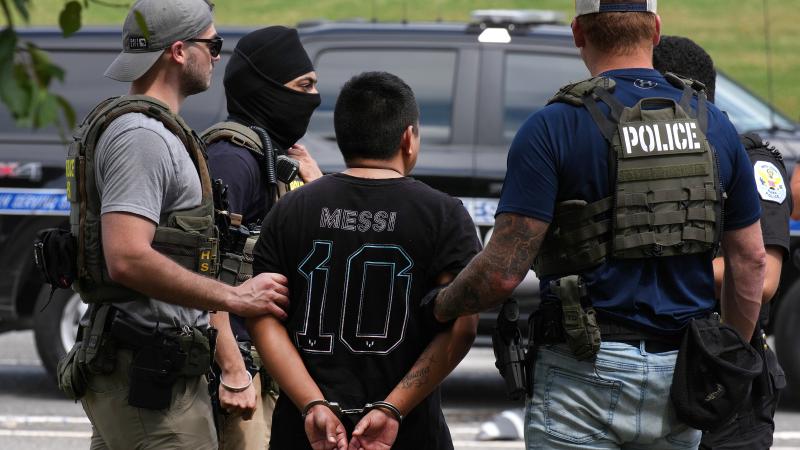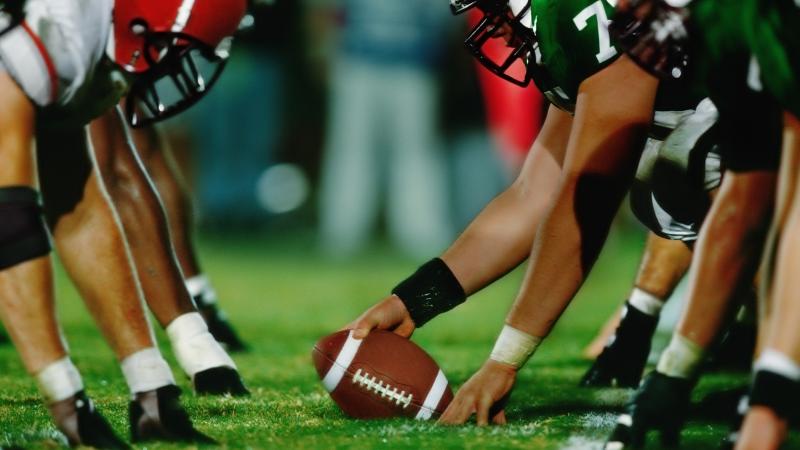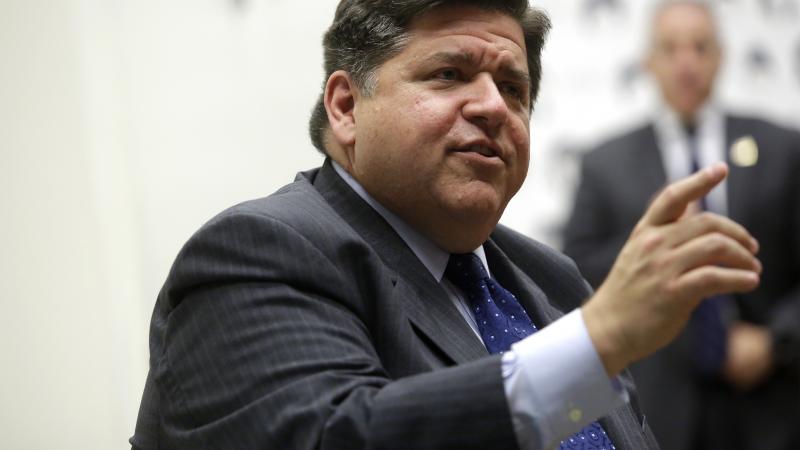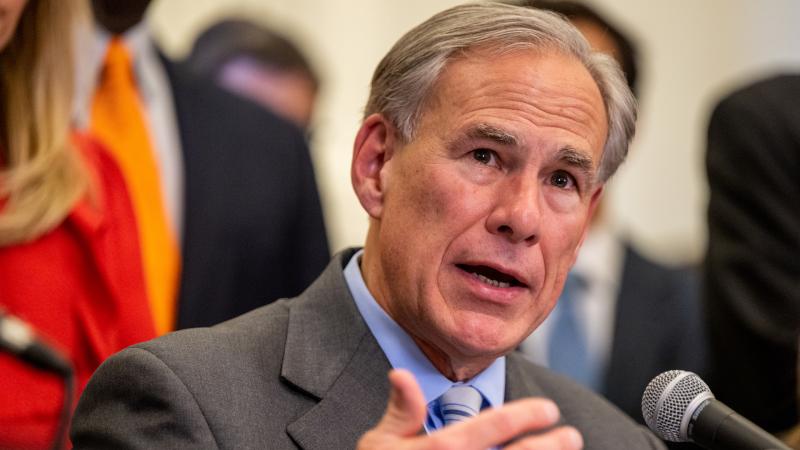Trump vs. Big Law: Feds gunning for accreditation monopoly, DEI policies and 'leftist advocacy'
Pam Bondi demands American Bar Association "immediately" end diversity commitment requirement for law schools, not wait until replacement is approved. Law firms partnering with diversity nonprofits draw EEOC scrutiny.
The Trump administration has a message for the legal establishment: Check your privilege.
The American Bar Association and Big Law are facing perhaps their greatest scrutiny of the century from multiple federal agencies, which allege their diversity, equity and inclusion practices are thinly veiled discrimination and especially dangerous in light of the ABA's stranglehold on legal education and its partisan tilt.
Attorney General Pam Bondi recently ordered the ABA law school accreditation council to "immediately" stop subjecting law faculties and students to "unlawful race and sex discrimination," in the name of diversity mandates, that force them to choose between their accreditation and compliance with the Supreme Court's 2023 precedent against racial preferences.
Federal Trade Commission Chairman Andrew Ferguson ordered a boycott on ABA participation, leadership and even membership renewal by FTC political appointees in light of the "ABA's long history of leftist advocacy and its recent attacks" on the administration's "governing agenda."
He cited the ABA's denunciation of “wide-scale affronts to the rule of law" by the administration, which Ferguson wrote off as "Democrat political talking points with the ABA’s logo."
Equal Employment Opportunity Commission acting Director Andrea Lucas warned 20 law firms that their publicly advertised DEI practices "may entail unlawful disparate treatment" in employment "or unlawful limiting, segregating, and classifying based on race, sex, or other protected characteristics."
They include big names in D.C. and other major metros, including WilmerHale, Hogan Lovells, Kirkland & Ellis, Morrison & Foerster, Perkins Coie, Sidley Austin and Skadden Arps.
Two days later, EEOC and DOJ released "technical assistance" documents on "What To Do If You Experience Discrimination Related to DEI at Work" and a longer Q&A on "What You Should Know About DEI-Related Discrimination at Work." Lucas said employer motives are irrelevant because "there is no ‘good,’ or even acceptable, race or sex discrimination."
The ABA does not appear interested in de-escalation, releasing a statement Wednesday with more than 50 state, local and identity-based bar associations – and at least one foreign – against the idea that "the U.S. government can punish lawyers and law firms who represent certain clients or punish judges who rule certain ways."
While it doesn't mention President Trump, the ABA's official magazine ABA Journal noted the statement quickly followed Trump's executive order targeting Jenner & Block with suspended security clearances, canceled contracts and limited access to federal buildings, as well as Trump's call to impeach the "radical left lunatic" U.S. District Judge James Boasberg.
The order specifically cited the law firm's rehiring of "unethical Andrew Weissmann after his time engaging in partisan prosecution as part of Robert Mueller’s entirely unjustified investigation," its "race-based 'targets'" for employees and "attacks against women and children based on a refusal to accept the biological reality of sex" through its pro bono practice.
"We will not stay silent in the face of efforts to remake the legal profession into something that rewards those who agree with the government and punishes those who do not," or the use of "intimidating words and actions … designed to cow our country’s judges, our country’s courts and our legal profession," the ABA statement says.
'Shamefully threatening' accreditation for following SCOTUS
The de facto progressive lobbying group, which was already under fire for promoting lawyer speech codes and ditching the LSAT as an admission requirement in the name of racial equity, may be losing its gatekeeping role over who can become a lawyer, however.
"Reasonable questions have arisen about the ABA’s accreditation standards on racial and ethnic diversity in law schools and about the ABA’s active political engagement," the Florida Supreme Court said in creating a workgroup in March to study the ABA accreditation requirement for bar admission "and to propose possible alternatives."
It cited "increasing public interest in governments’ reliance on ABA accreditation in regulations dealing with lawyer licensing and access to financial aid" and "how ABA accreditation requirements affect costs and innovation in legal education." The report is due Sept. 30.
One law school passed the buck to ABA for requiring first-year students to participate in a "reorientation" based on "28 common racist attitudes and behaviors" such as character is more important than race, though ABA said its Standard 303 only requires student training that conveys they must "work to eliminate racism in the legal profession."
Seeing the writing on the wall from Trump's executive orders and a Feb. 14 guidance letter from the Department of Education, last month ABA suspended Standard 206, which requires accredited schools to demonstrate "a commitment to diversity and inclusion," as it devises a replacement over the next six months.
One proposal under consideration, according to Higher Ed Dive, would redefine the requirement as commitment to "access to legal education" without requiring "a law school to take race or any other identity characteristic into account in making an individual admissions decision."
That wasn't good enough for AG Bondi, whose Feb. 28 letter noted the ABA Council of the Section of Legal Education and Admissions to the Bar waited "nearly eighteen months" from the Students for Fair Admissions decision by SCOTUS to suspend diversity-and-inclusion related Section 206, "shamefully threatening" their accreditation for noncompliance with its own rule.
Its restated commitment to "those who have been historically excluded from the legal profession" is just a euphemism for DEI, and requiring a "commitment to diversity" with explicit emphasis on race, gender and gender identity will lead law schools to an unlawful "default to the obvious: race- and sex-based preferences," Bondi said.
She warned that ABA could lose its "privilege" as sole accrediting body for law schools and that DOJ may stop state bars from requiring "prospective lawyers to attend ABA-accredited law schools if the Council continues to abuse its privilege in this way."
ABA Council Chairman David Brennen responded March 10 that the group "has not and will not require a law school to violate the law in order to comply with its accreditation standards," no school is required to comply with Section 206 during suspension and it does not "currently plan to take any action on this standard" before its May meeting.
'Cocktail napkin' authority?
EEOC acting Chairman Lucas shared all 20 letters she sent law firms that document how they have tacitly indicated employment preferences by race, sex and other protected characteristics on their websites, public statements, legal filings and news reports.
The first, to Seattle-based Perkins Coie, cites its nonwhite diversity fellowships, honors from Microsoft for hitting specific diversity benchmarks on attorney hours, partner representation and its management committee, and its "Resource Groups" that segregate employees based on "Title VII-protected bases" among many other actions.
WilmerHale's letter, the last, is far less specific as to the firm's concerning behavior. It only notes that WilmerHale last summer was partnered with Sponsors for Educational Opportunity Law’s fellowship program, which officially invites "all" to apply but implies it's intended for "underserved" backgrounds.
The American Lawyer noted that Lucas singled out programs by SEO as well as the Leadership Council on Legal Diversity. "Recent EEOC guidance indicates the agency is taking aim at diversity programs that are open to all applicants, a departure from previous interpretations of federal employment laws," the Law.com publication said.
The Society for Human Resource Management responded by urging HR professionals to "underscore merit in hiring discussions" and consider "skills and demonstrated abilities" in hiring and promotion before "academic history or institutional pedigree," while also "alleviating issues that prevent untapped talent from entering the workforce."
Former EEOC Democratic Commissioner Jocelyn Samuels, who called Trump's firing of her illegal, told the ABA Journal that Lucas lacks an appropriate legal basis for seeking "extensive information, some of it personally identifiable," and the firms don't have a legal obligation to "respond to random inquiries."
The progressive Lawyers’ Committee for Civil Rights Under Law dismissed the letters from Lucas because they weren't on behalf of the EEOC as a whole, which alone makes charges "under penalty of perjury." It said "they carry no more weight of authority than if they had been written on a cocktail napkin by any member of the public."
The Facts Inside Our Reporter's Notebook
Videos
Links
- Attorney General Pam Bondi ordered
- Andrew Ferguson ordered a boycott
- ABA's denunciation of âwide-scale affronts to the rule of law"
- Andrea Lucas warned 20 law firms
- What To Do If You Experience Discrimination Related to DEI at Work
- longer Q&A
- statement Wednesday with more than 50
- ABA Journal
- Trump's executive order targeting Jenner & Block
- Trump's call to impeach the "radical left lunatic"
- de facto progressive lobbying group
- promoting lawyer speech codes
- ditching the LSAT
- in the name of racial equity
- Florida Supreme Court said in creating a workgroup
- One law school passed the buck to ABA
- Feb. 14 guidance letter
- ABA suspended Standard 206
- One proposal under consideration
- Higher Ed Dive
- David Brennen responded March 10
- Lucas shared all 20 letters
- The American Lawyer
- Society for Human Resource Management responded
- called Trump's firing of her illegal
- ABA Journal
- Lawyersâ Committee for Civil Rights Under Law
